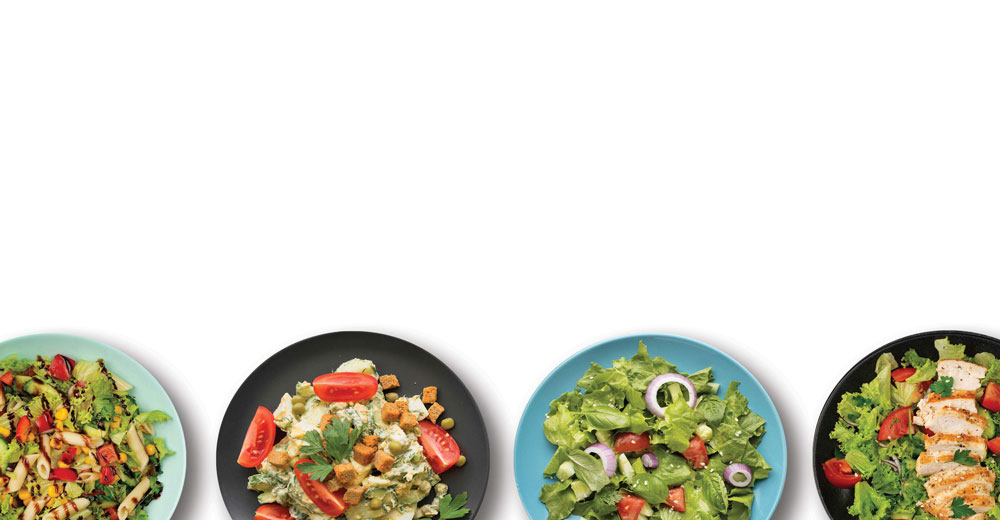During illness and especially when recovering from COVID, some may experience loss of appetite and reduced food intake. When unwell, it may become difficult to eat and drink due to many reasons- breathing difficulties, fatigue, change in sense of taste and smell, and etc. If intake is insufficient, our body uses its stores of energy, protein, vitamins, and minerals. This leads to weight loss which includes loss of muscle mass and strength. Proper nutrition intake and timely intervention can aid recovery.
Protein
Proteins play an important role in our body’s immune response and help repair body tissues during recovery. Dietary protein intake in combination with resistance exercise is necessary to regain muscle mass and strength. Vitamins and minerals help these processes along. Thus, when recovering from COVID, you might need to consume more protein than you usually do (unless indicated otherwise, e.g. renal failure). Dietary sources of protein are fish, meat, poultry, eggs, beans, legumes, milk, and dairy products.
Aim to have a protein source in all main meals i.e., breakfast, lunch, and dinner. Prioritize protein and have small but frequent meals, especially when appetite is still low. Supplemental drinks may be helpful if you are eating less than usual due to breathing difficulties, fatigue, or any other reasons.
Fluids
Equally as important is adequate fluid intake since water helps carry oxygen and nutrients throughout the body. Staying hydrated ensures our body’s systems and organs function properly. Adequate fluid intake also prevents constipation due to being less physically active or as a side effect of certain medications.
An adult should generally aim for at least 2 liters of fluid per day unless under a fluid restriction. This includes fluid in soups, tea, milk, moist foods, juices, supplemental drinks and of course, water. Drink throughout the day and avoid drinking too much before or during meals so that you are not too full to eat. Choose milk, soymilk, or milk-based drinks as these provide additional nutrients like protein.
Change in taste and smell
Loss of taste and/or loss of smell occurs in about 1 in 5 persons recovering from COVID-19 infection3. This affects how we experience flavours of the food we eat since it is a combination of taste and smell sensations. This can further aggravate the loss of appetite in some. A recent study published in the Journal of Internal Medicine found that 75% to 85% of patients have recovered sense of taste and smell at the 2 months follow up5. In other words, the loss of taste and smell is only temporary in most cases.
During recovery, include stronger flavours such as mint sauce, tomato chutney, lime, and pickles to help improve palatability. Use more natural herbs and spices in cooking and marinades to elevate flavours instead of relying heavily on salt and sugar. This is especially crucial for people with comorbidities such as diabetes, hypertension, and renal disease.
Fruits and vegetables
Fruits and vegetables are the most abundant sources of vitamins, minerals, and antioxidants! Various micronutrients such as vitamin A, C, D, E, B2, B6, and B12, folic acid, iron, selenium, and zinc are essential for the body’s immune response. A deficiency in any specific nutrient impairs the body’s ability to fight infections. Therefore, adequate daily intake of fruits and vegetables is required during recovery from a COVID infection.
Aim for 3 servings of vegetables and 2 servings of fruits daily. Eat a variety of fruits and vegetables to obtain the variety of nutrients your body requires. Multivitamin and multimineral supplementations are not a necessity unless deficient and only to be considered if unable to eat all the recommended food groups for an extended period.
Proper nutrition intake helps in the recovery from any infection, including the COVID. Having a good intake of protein and nutrient-rich foods supports the regain of muscle strength and function, maintains the immune system, and increases energy levels to allow you to return to your usual activities. Certain nutritional strategies may be helpful to ensure sufficient intake while coping with the side effects of the COVID infection. Nevertheless, no two people’s needs are the same. Consult your dietitian for advice on your intake adequacy and personalized strategies to fulfil your nutritional needs.

References:
Li, P., Yin, Y. L., Li, D., Kim, S. W., & Wu, G. (2007). Amino acids and immune function. The British journal of nutrition, function, 98(2), 237–252. https://doi.org/10.1017/S000711450769936X
Daly, J. M., Reynolds, J., Sigal, R. K., Shou, J., & Liberman, M. D. (1990). Effect of dietary protein and amino acids on immune function. Critical care medicine, 18(2 Suppl), S86–S93.
Lopez-Leon, S., Wegman-Ostrosky, T., Perelman, C., Sepulveda, R., Rebolledo, P. A., Cuapio, A., & Villapol, S. (2021). More than 50 Long-term effects of COVID-19: a systematic review and meta-analysis. medRxiv : the preprint server for health sciences, 2021.01.27.21250617. https://doi.org/10.1101/2021.01.27.21250617
Maggini, S., Pierre, A., & Calder, P. C. (2018). Immune Function and Micronutrient Requirements Change over the Life Course. Nutrients, 10(10), 1531. https://doi.org/10.3390/nu10101531
Lechien, J. R., Chiesa-Estomba, C. M., Beckers, E., Mustin, V., Ducarme, M., Journe, F., Marchant, A., Jouffe, L., Barillari, M. R., Cammaroto, G., Circiu, M. P., Hans, S., & Saussez, S. (2021). Prevalence and 6-month recovery of olfactory dysfunction: a multicentre study of 1363 COVID-19 patients. Journal of internal medicine, 290(2), 451–461. https://doi.org/10.1111/joim.13209
 Ivy Cheah Hsiao Yong
Ivy Cheah Hsiao Yong
Dietitian, Dietetic & Food Service
Gleneagles Hospital Penang


